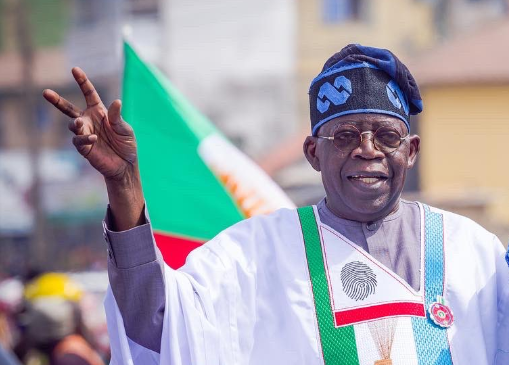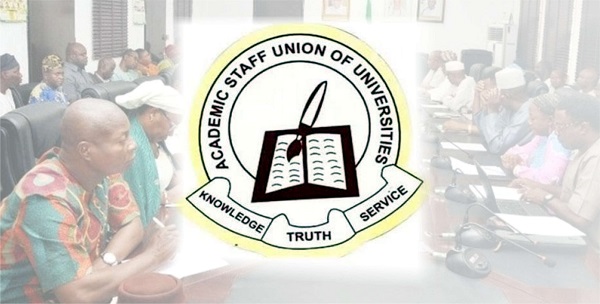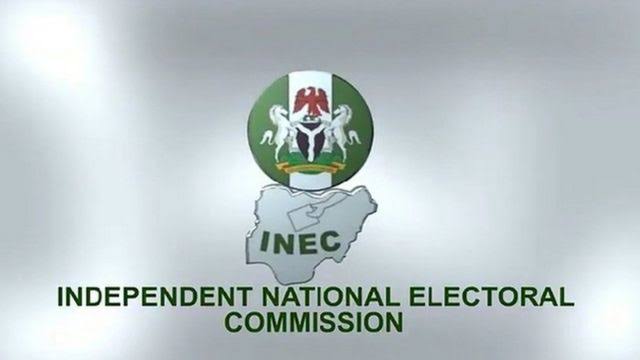by Osita Abana
Perhaps you also deserve some self-flagellation for guzzling 10 bottles of beer at the pub when ‘madam’ had no Kerosene to cook dinner for the kids. You’ll make a bad president, admit it.
The world is largely governed by a group of self centred oligarchs (presidents and premiers) who plunder the resources of their respective countries, pander to the dictates of a few special interests, and travel the world in plush private jets at the expense of a suffering populace. Right? Wrong. Well, at least, not in all cases.
Take President Jose Mujica of Uruguay, dubbed the world’s ‘Poorest President’ –. Mr Mujicah embodies those altruistic attributes that should impress even the most cynical of citizens, and mollify the fiercest of President- bashers. And here’s why: He doesn’t enjoy perks like: living in a sprawling presidential mansion, having a fleet of yachts or a wine cellar stuffed with vintage Champagnes, rather he shunned the presidential mansion, with its staff of 42, and opted to remain in a run-down house where he and his wife has lived for years. President Mujica’s net worth up to taking office in 2010 amounted to a little over N280,000- the value of the 1987 Volkswagen Beetle parked in his garage. He also donates about 90 percent of his salary, largely to a program for expanding housing for the poor, leaving him with roughly N120,000 a month of his salary. He recently angered some in Uruguay’s political establishment by selling a presidential residence in a seaside resort city, calling the property “useless”.
And what more -he’s also humble and idealistic. In a recent interview he said: “I’m called ‘the poorest president’, but I don’t feel poor. Poor people are those who only work to try to keep an expensive lifestyle, and always want more and more,”
You would expect that a president who gives away 90% of his salary, drives a Beetle, and gets by without a large entourage of body guards would easily be one of the most loved citizens in his country and enjoy astronomical favourability ratings. Right? Not at all. According to an opinion poll published in September 2012 (two and a half years after Mujica took office) 42% of Uruguayans disapproved of the president, 36% approved of him and the remaining 22% didn’t have an opinion.
Most contemporary presidents have also seen their job approval ratings slump progressively after assuming office. Gallup polls reveal that at his inauguration, Barack Obama enjoyed a 68% job approval rating, which was the second highest rating of a post World War II President. As at the time of writing, Obama’s rating had slumped to 46%. Tony Blair entered Downing Street with a wave of goodwill. Immediately after elections, his popularity soared to unprecedented heights – in 1997 he had an approval rating of 90% and at that moment in time was the most popular Prime Minister in British history. Of course by the time he left office, Blair’s approval ratings had sunk below 30%. Like George W. Bush, his achievements (like the 18% rise in the real income of Britons between 1997 and 2006) was buried beneath a mountain of opprobrium over his role in the Iraq war. Other world leaders like Gordon Brown, Nicholas Sarkozy, Musa Yar’Ardua and Olusegun Obasanjo also descended into pariah territory by the time they left office. President Jonathan isn’t quite the darling he was just a few years ago.
So why is it that world leaders get off to a great start only to watch their approval ratings dwindle progressively? One likely explanation could be that citizens’ expectations from these individuals are not tempered with some measure of reason. The truth is that running the affairs of a country is a staggering responsibility. You try to meet the needs of myriad constituencies who sometimes have completely divergent expectations. You are expected to deliver succour when there’s a national tragedy (this includes natural ones like earthquakes, as well as manmade ones like terrorist attacks), and also bear the brunt of your country’s economic woes (which you inherit from your predecessors half the time). Inevitably, any decision you take proves divisive. For instance, should you elect to negotiate with terrorists, you’re labelled a coward, a spineless wimp who would rather capitulate than take on terrorists headlong. You declare war and you’ll still have to justify if indeed the war was necessary and worth the human and financial costs. Pardon a convicted felon and you’re not tough on crime, hang him and you’re a primitive brute. You also have to be a magician, because you’re expected to balance the budget and yet provide social services. Subsidise the price of petroleum products but still maintain huge foreign reserves. Sustain an unwieldy workforce and yet have enough to spend on capital projects.
But before we demolish our leaders with our verbal artillery, let’s keep in mind that though the world has boasted a few buffoon Heads of State who personified ineptitude (e.g. Muammar “King of Kings” Gaddafi, who will only be remembered for his outlandish behaviour and dismantling his country’s economy) the truth is that world leaders by and large mean well for their countries, and work very hard to leave an impressive legacy behind them.
As citizens it’s important to give them the support they need to succeed. Sadly, this is rarely the case as these leaders often have to grapple with overpowering public opprobrium almost at every turn. In Nigeria, today, presidential-bashing has reached horrifying degrees. It has become a free for all. From swanky boardrooms to pubs and newspaper stands (free readers club), everyone directs barbs at the President. Our public sphere now drips with so much vitriol that a reasonable conversation has become virtually impossible. Sadly, journalists, who have a duty to render an illuminating and nuanced analysis of public policy (to enlighten citizens), have become relentless snipers who seldom offer practical alternatives.
It’s time to call a truce and give our leaders a chance. Let’s render positive advice and engage in an enlightened debate on how to build our nation. We don’t need to hurl verbal grenades into Aso Rock to make a point. The opposition must also shun populist grandstanding, name calling and needless diatribes that don’t enrich our national discourse.
As citizens we must realise that running a country is a herculean undertaking. Sadly, some individuals who harangue national leaders have been woeful at ‘governing’ their own households (that sometimes comprise just 4 individuals). For instance, while it is okay for you to take President Jonathan to task for accepting the $1.1 Billion loan from China, also appraise the propriety of your own decision to buy that luxury car, rather than invest in assets that could change the fortunes of your family. Perhaps you also deserve some self-flagellation for guzzling 10 bottles of beer at the pub when ‘madam’ had no Kerosene to cook dinner for the kids. You’ll make a bad president, admit it.
Presidents are not super human. They are fallible and so do not necessarily have to get it right all the time. Presidents who succeed are those who do so in spite of their mistakes. And believe it or not, they also appreciate kind encouraging words just like you and I.
————————-
Osita Abana is one of The Future Awards Africa nominees in the Professional Service category.
Op-ed pieces and contributions are the opinions of the writers only and do not represent the opinions of Y!/YNaija.
















Nice article but wwe know our leaders are not living according to the oath they sworn to us they are only selfish and not ready to listen to the advice of the populace. If Nigeria was not not occupy then did u think we won’t be suffering and smilling by now.
“represents the Portuguese Republic”, “is the guarantor national independence, the unity of the State and the proper working of the democratic institutions” and “is the Supreme Commander of the Armed Forces”.As guarantor of the proper working of the democratic institutions he is especially charged, under his oath at the time of his inauguration, with “defending and complying and ensuring compliance with the Constitution of the Portuguese Republic”.